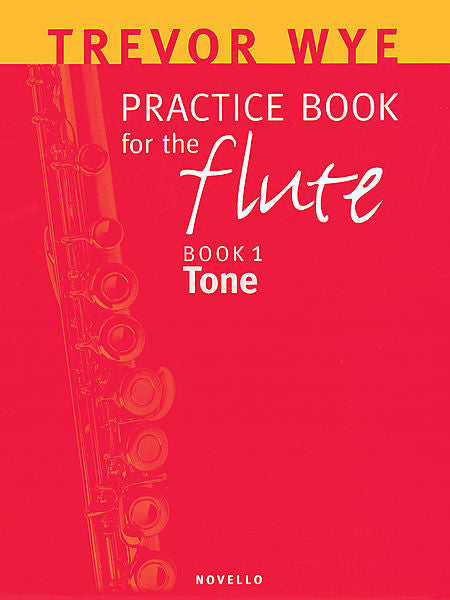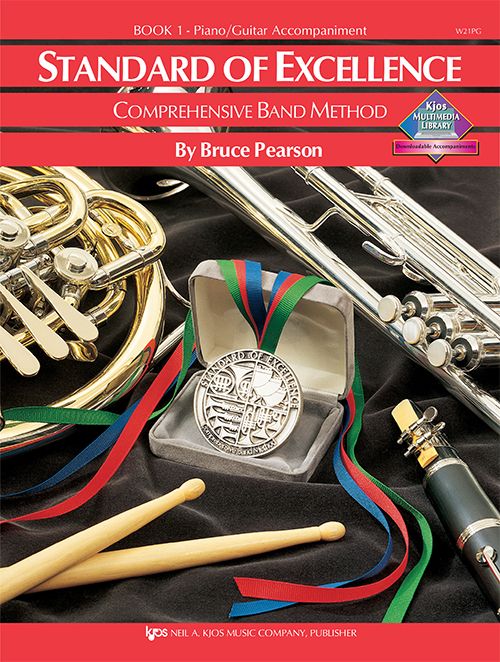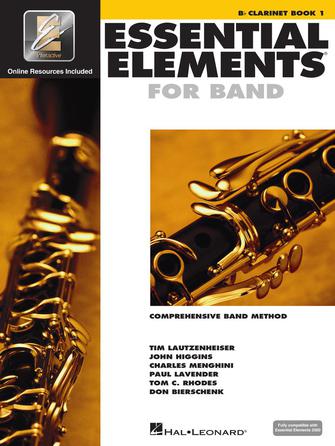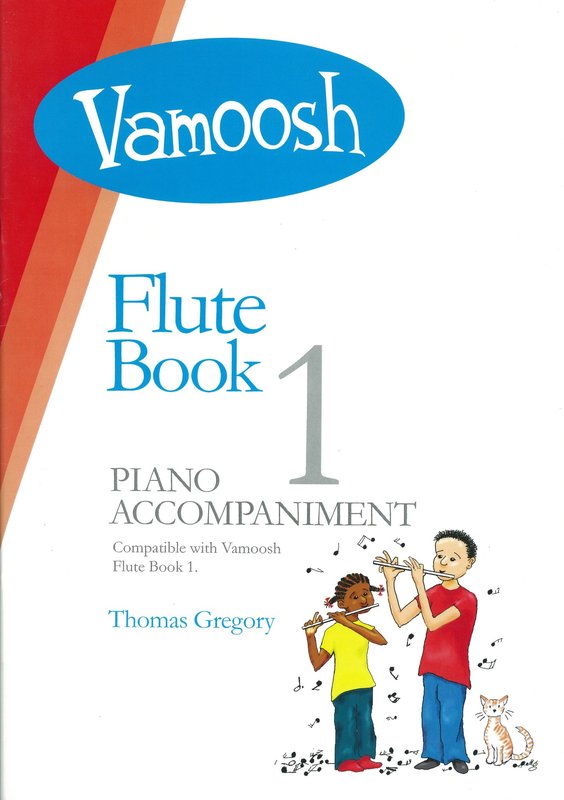Starting your flute journey requires the right foundation. The book you choose shapes your musical development. A poor choice can create bad habits that take years to fix. Look for books that teach proper embouchure formation.
Good method books explain breathing techniques clearly. They should include fingering charts and basic music theory. The best books progress slowly and build skills step by step.
Books alone cannot replace proper instruction. A skilled teacher corrects mistakes before they become habits. They guide your practice sessions and answer questions immediately. Combine quality books with regular lessons for the best results.
Top 9 Best Flute Books For Complete Beginners
1. Trevor Wye Practice Book for the Flute, Book 1 - Tone
Trevor Wye's first book focuses entirely on tone development. It teaches breath control through simple exercises. The book explains embouchure formation with clear diagrams.

Each exercise targets specific tone problems. You learn to control pitch across all registers. The book includes harmonics exercises that strengthen your sound. Advanced students often return to this book throughout their musical journey. The exercises work for all skill levels and never become outdated.
2. Flute 101
Flute 101 gets you playing songs within the first few pages. The book includes headjoint-only exercises for beginners. Students feel accomplished quickly with this approach.

The series continues with Flute 102 and 103 for ongoing learning. It covers introductory through intermediate levels comprehensively. The curriculum includes warm-ups based on learning theory research.
3. Rubank Elementary Method for Flute
Rubank books have taught flute students for decades. They provide solid music theory foundations. The exercises build technical skills systematically.
The book can feel dry compared to newer methods. It takes time before you play recognizable melodies. However, the technical foundation it provides is excellent.
4. Standard of Excellence Book 1
Standard of Excellence explains music terms clearly. The book works well for band students. It includes performance pieces that sound full and complete.

The scale exercises are limited compared to other methods. It focuses more on ensemble playing than solo technique. Band directors often choose this book for group instruction.
5. Essential Elements for Band Book 1
Essential Elements includes online audio tracks. Students can practice with backing tracks at home. The book teaches basic music reading skills effectively.

Like Standard of Excellence, it emphasizes band playing. Solo flute technique receives less attention. The online tools make practice more engaging for students.
6. Play Flute Today! (Hal Leonard)
Play Flute Today includes comprehensive audio support. The book teaches instrument assembly and care. Online tracks feature both instruction and demonstration.

The Playback+ feature lets you control tempo without changing pitch. You can loop difficult sections for focused practice. Key changes help you practice in different tonalities.
7. Abracadabra Flute
Abracadabra uses songs and tunes to teach flute skills. Students learn through familiar melodies. The book includes duets and ensemble pieces.

Clear fingering diagrams help visual learners. The approach makes practice more enjoyable. Music theory explanations stay simple and practical.
8. Vamoosh Flute Book 1
Vamoosh Flute Book 1 works for both individual and group lessons. The book includes motivating backing tracks. Many pieces work with other Vamoosh instrument books.

The user-friendly format makes navigation simple. Teachers appreciate the flexible lesson structure. Students enjoy the contemporary musical arrangements throughout the book.
9. Blocki Flute Method Book 1
Blocki Method targets younger students specifically. The book teaches composition alongside performance skills. Theory concepts integrate naturally with practical exercises.

Older students might find the content too elementary. The step-by-step approach ensures solid foundations. Students develop creativity through composition projects.
The Importance Of Finding A Good Flute Teacher
Books provide information but teachers provide guidance. A skilled instructor watches your posture and breathing. They catch problems before they become permanent habits.
Teachers demonstrate proper technique in real time. They answer questions immediately during lessons. A good instructor motivates you through difficult passages. They also help you select appropriate repertoire for your skill level. Online lessons can supplement but never fully replace in-person instruction.
How To Avoid Common Flute Beginner Mistakes
New flute players often rush through exercises. They skip warm-ups and dive into difficult pieces. This approach creates tension and poor flute tone quality.
Practice scales daily even when they seem boring. They build finger strength and improve intonation. Start each session with long tones to develop breath control.
Many beginners hold the flute incorrectly. They grip too tightly and create unnecessary tension. Your left hand supports the instrument while your right hand guides. Keep your shoulders relaxed and your back straight during practice.
Assembly mistakes damage instruments and affect sound quality. Clean your flute after each practice session. Store it properly in its case to prevent dents. Never force pieces together when assembling your instrument.
Frequently Asked Questions (FAQs)
1. Can I learn flute without a teacher using just books?
Books alone cannot teach proper embouchure formation. You need feedback on your posture and breathing. Self-teaching often leads to bad habits that require correction later.
2. Which book is best for adult beginners?
Adult beginners benefit from Trevor Wye's tone book. Flute 101 also works well for adults. Both books respect adult learning preferences and move at appropriate speeds.
3. Should I buy multiple books or stick to one method?
Start with one comprehensive method book. Add supplementary books once you complete the primary method. Multiple books can create confusion for beginners.
4. How long does it take to complete a beginner flute book?
Most students finish beginner books in six months to one year. Practice frequency affects completion time significantly. Daily practice produces faster results than occasional sessions.
5. Are digital/PDF versions as good as physical books?
Physical books stay open on music stands more easily. Digital versions offer portability and quick searches. Choose based on your practice setup and preferences.
Best Flute Practice Accessories
Conclusion
The right beginner book sets the foundation for your flute journey. Trevor Wye's tone book develops essential sound quality. Flute 101 provides quick gratification for motivated students.
Remember that books supplement but never replace quality instruction. Find a teacher who understands proper flute technique. Combine systematic practice with professional guidance for the best results.
Your musical journey starts with the first page. Choose a book that matches your learning style. Stay consistent with practice and enjoy the process of learning this beautiful instrument.



